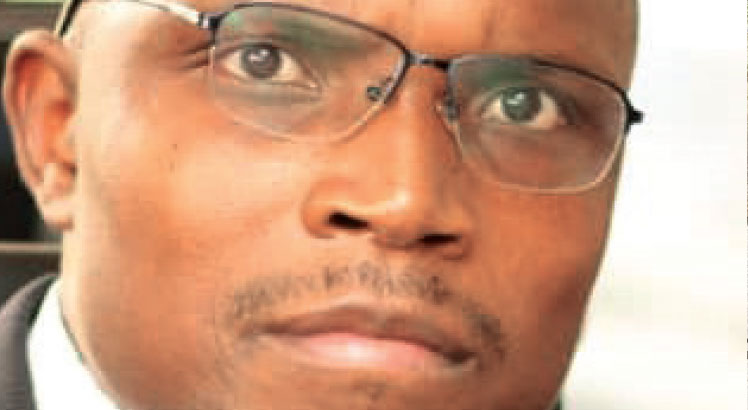Law Society makes final case on paralegals
Malawi Law Society (MLS) says it has submitted its final position on the proposed amendment of the Legal Aid Bureau Act to allow legal assistants limited audience in subordinate courts.
The Law Society’s submission to the Legal Affairs Committee of Parliament comes barely 11 days after the High Court of Malawi dismissed its bid to assess the legality of public hearings the committee was conducting on the matter to solicit public views on proposed law amendment.

In its 53-page submission dated October 18 2021 co-signed by president Patrick Mpaka and honorary secretary Chrispin Ngunde, the lawyers’ body maintains its position disputing the proposed amendment.
The society says if the proposed amendment is adopted, it will take away the right of legal representation by legal practitioner which the less privileged citizens have.
The lawyers’ body also argues that the Constitution in sections 42(1) (c) and 42(2) (f) (v) gives the needy the right of legal representation by legal practitioner and not legal assistant or paralegal.
The society further says it believes that the proposal does not promote or build, but is likely to undermine the existing legal framework set out in the law on legal representation whose primary objective is to protect the needy.
It also believes that adopting the proposed amendment of Legal Aid Bureau Act could promote, entrench and formalise inequality between the rich and the less privileged at legal representation in Malawi.
Reads the submission in part: “The Constitution in sections 20, 41(1), 42(1)(c) and 42(2)(f)(v) bridges the gap between the rich and the poor at legal representation by directing that all Malawians are equal before the law and that where legal representation is necessary it must be by a Legal Practitioner.
“The law then directs that where the Malawian involved is less privileged, the State must bear the expense. This maintains the constitutional equality between the rich and the poor at legal representation regardless of the social status of the litigant involved.”
In its recommendation, the society said Legal Aid Bureau must consider working with the lawyers body and capitalise on Section 64(d) of the Legal Education and Legal Practitioners Act as read with
Section 38 of the Legal Aid Act to cause adequate and consistent funding to build its capacity and employ legal practitioners so that its role is performed in accordance with sections 4 and 31 of Courts Act and the Legal Education and Legal Practitioners Act respectively.
The society further recommends that the bureau must consider working with the lawyers’ body and capitalise on Section 42 of the Legal Education and Legal Practitioners Act and perfect the recently introduced statutory pro-bono scheme to enable seamless legal representation of legally aided persons before courts.
In an interview yesterday, Mpaka hoped the Legal Affairs Committee of Parliament will listen to their case.
He said: “Our hope is that our recommendations which are very sincere and profound will be understood and listened to, but we leave the final decision to the Legal Affairs Committee.”
The committee chairperson Peter Dimba yesterday said they have received the Law
Society’s submission.
He said they will treat MLS submissions just like any other submission made to the committee.
“It’s not like we are going to meet just to consider their [Law Society] submission, no. But we are soliciting views from different stakeholders just as we did with those public hearings.
“So, we will take all those views from different stakeholders including the submission by the society.”
On October 7 this month, High Court of Malawi Judge Mike Tembo dismissed with cost an application by the law society which was seeking a judicial review of the actions taken by the committee to seek views from members of the public, among others.
The judge said the Legal Affairs Committee was within its mandate by organising the public hearings to solicit input for the amendment to the Legal Aid Act.
He also agreed with the defendants’ position that contrary to the society’s submission, the committee is not restricted to the functions under Standing Order 159.





